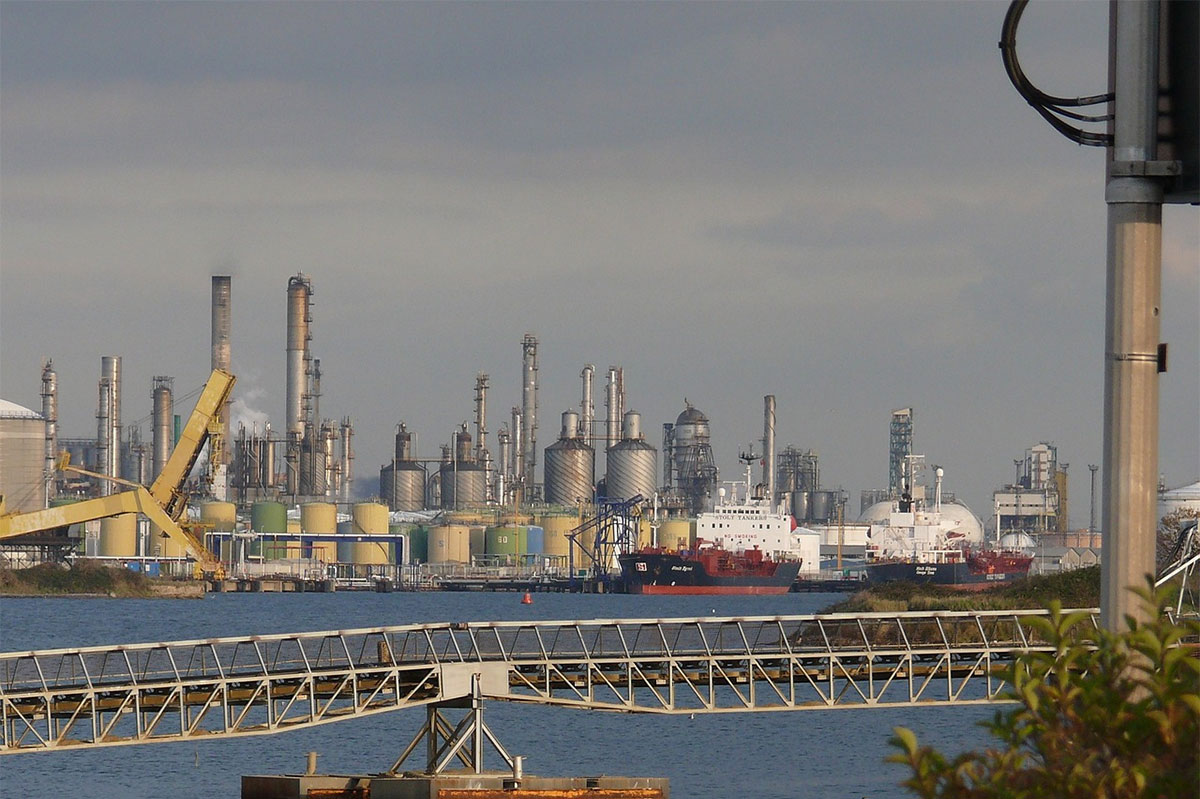In the fast-paced realm of oil trading, the choices made by the Organization of the Petroleum Exporting Countries (OPEC) hold great importance as they have far-reaching consequences for the worldwide oil market.

OPEC assumes a critical role in overseeing oil production, establishing supply levels, and exerting influence over prices. This article aims to provide insightful information about the impact of OPEC’s decisions on oil trading and examine their implications for the industry. We will uncover how OPEC’s actions resonate throughout the oil market and shape the trading landscape. you’re interested in trading oil, you may want to visit https://oilprofit.app/ as a potential platform to do so.
OPEC’s Role and Decision-Making Process
Understanding OPEC
OPEC is an intergovernmental organization formed by 13 oil-producing nations, representing a substantial portion of the world’s oil reserves. Its member countries include prominent oil producers such as Saudi Arabia, Iraq, Iran, Kuwait, and the United Arab Emirates. OPEC’s primary objective is to coordinate and unify the petroleum policies of its member nations to ensure stable oil markets and fair prices.
Decision-Making and Output Quotas
OPEC employs a decision-making process focused on reaching a consensus among its member countries. The organization holds regular meetings to discuss and agree upon crucial matters related to oil production and supply. One of the most influential decisions made by OPEC is the establishment of output quotas for member nations. These quotas determine the maximum amount of oil each country is allowed to produce, impacting the overall supply in the market.
Impact of OPEC Decisions on Oil Prices
Supply and Demand Dynamics
OPEC’s decisions regarding output quotas directly influence the global oil supply. By adjusting these quotas, OPEC can control the volume of oil available to the market, thereby affecting prices. When OPEC reduces its output quotas, the supply of oil decreases, leading to a potential increase in prices due to limited availability. Conversely, if OPEC decides to increase output quotas, the supply of oil rises, potentially leading to a decline in prices.
Market Sentiment and Speculation
OPEC’s decisions also have a significant psychological impact on the oil market. Traders and investors closely monitor OPEC meetings and decisions, as they can signal future trends and affect market sentiment. Speculation about potential production cuts or increases can lead to volatility in oil prices even before any formal decision is announced. The anticipation and interpretation of OPEC’s actions can create fluctuations and trading opportunities in the market.
Impact on Oil-Producing and Oil-Importing Countries
OPEC’s decisions hold implications for both oil-producing and oil-importing countries. For oil-producing nations, OPEC’s actions directly impact their economies, as oil revenues form a substantial portion of their national income. By regulating the supply and price of oil, OPEC strives to provide stability and sustainable revenue streams for its member countries.
On the other hand, oil-importing countries closely monitor OPEC’s decisions to assess potential shifts in oil prices and plan their energy strategies accordingly. A significant increase in oil prices can have adverse effects on importing countries, leading to higher fuel costs, inflationary pressures, and reduced economic growth.
OPEC and Geopolitical Considerations
Influence on International Relations
OPEC’s decisions and actions are not solely confined to the oil market. As a powerful organization, OPEC’s activities hold geopolitical implications and can impact international relations. The decisions made by OPEC can affect alliances, diplomatic ties, and even political stability in oil-dependent regions. The organization’s influence extends beyond economic matters, making it a crucial player on the global stage.
Cooperation with Non-OPEC Producers
OPEC often collaborates with non-OPEC oil-producing nations to stabilize the oil market further. This cooperation aims to balance supply and demand dynamics and maintain reasonable price levels. Notable partnerships include the OPEC+ alliance, which includes countries such as Russia, Mexico, Kazakhstan, and others. These collaborative efforts demonstrate the interconnectivity and complexity of the global oil trading landscape.
Conclusion
The decisions made by OPEC, such as the recently announced production cuts, have far-reaching consequences for oil trading and the global energy landscape. OPEC’s control over oil production and supply levels gives the organization significant influence in determining oil prices and market dynamics. Oil traders, investors, and governments around the world closely monitor OPEC’s decisions to anticipate market shifts and plan their strategies accordingly.









